Mozambique: Dismissed Vilankulo teachers appeal to the Inhambane Administrative Tribunal
Leaving Malingapanse: Tales of an abolished administrative post, houses that let in the rain and no machambas in sight
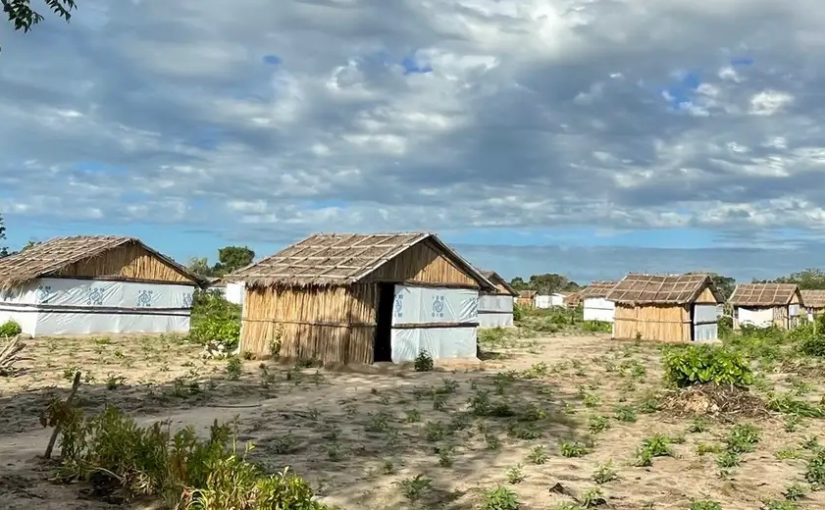
Relocated people complain about conditions in Nensa: They don't give us 'machambas'" [Photo: Arcénio Sebastião/DW]
- The administrative post of Malingapanse (Marromeu district in Sofala) was abolished to make room for wildlife husbandry, which led to the evacuation of the population.
- The displaced families were resettled in Nensa, where they face difficulties.
Negotiations between the district government of Marromeu, in Sofala province, and the population of Malingapanse, where 6,000 inhabitants lived, began in 2008, when a South African firm expressed interest in exploiting the area. However, it was only in 2023 that the initiative began to gain momentum.
The first displaced families were resettled in the Nensa region, where they are facing difficulties due to poor soil quality. Since December, families have begun to leave and return to their areas of origin, being unable to find any means of subsistence.
These families accuse the government of wanting to sell their fertile land to foreigners. DW Africa learned that a South African capital firm is negotiating to establish businesses in the Malingapanse area.
The complaints of those relocated
Laurindo Trinta, one of the displaced, is explicit about his dissatisfaction. “What led us to leave Malingapanse is that the government insisted, more than five years ago, because there are wild animals there, there is an invasion of salt water. So, we should go to a good place, which is the Rama Rama area, but they in fact left us in Nensa. Here, people are contesting it, but we ended up accepting because we trusted the government,” he told DW.
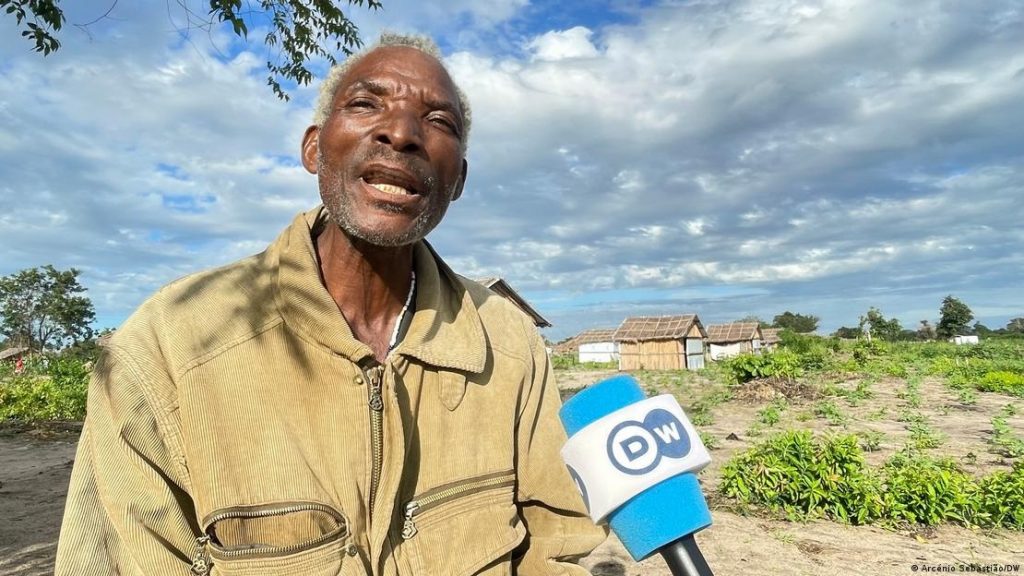
Mateus Aleixo, another displaced person, remembers the productive life he led in Malingapanse, where he grew vegetables and cereals, in addition to fishing. In Nensa, he faces difficulties adapting.
“We were living well there because, through the land, we got food. Now, here we just wait for hand-outs. Since we came, they haven’t even given us machambas [farm lands],” he says.
Aleixo says that little food is distributed. “Imagine, with nine members in the family, we only receive 50 kilograms. This is not enough,” he says.
Manuel António also complains about conditions in Nensa. “We are asking for a plot of land so that we can sustain our lives, because we cannot rely on the government for food. We are not seeing what we are asked for,” he complains.
“For one to live freely with one’s children, one has to eat. Our children are already here, all of them, and our women have already gone to do odd jobs in the areas and are bringing small cassava. So, we are thinking about returning to Malingapanse, we have no other way,” Antonio concludes.
Another concern is the inadequacy of the housing offered, especially when it rains. “These houses we have here don’t compare to the houses we left there at our origins. Others left good houses, but here, when it rains, the water enters here and leaves there,” Laurindo Trinta complains.
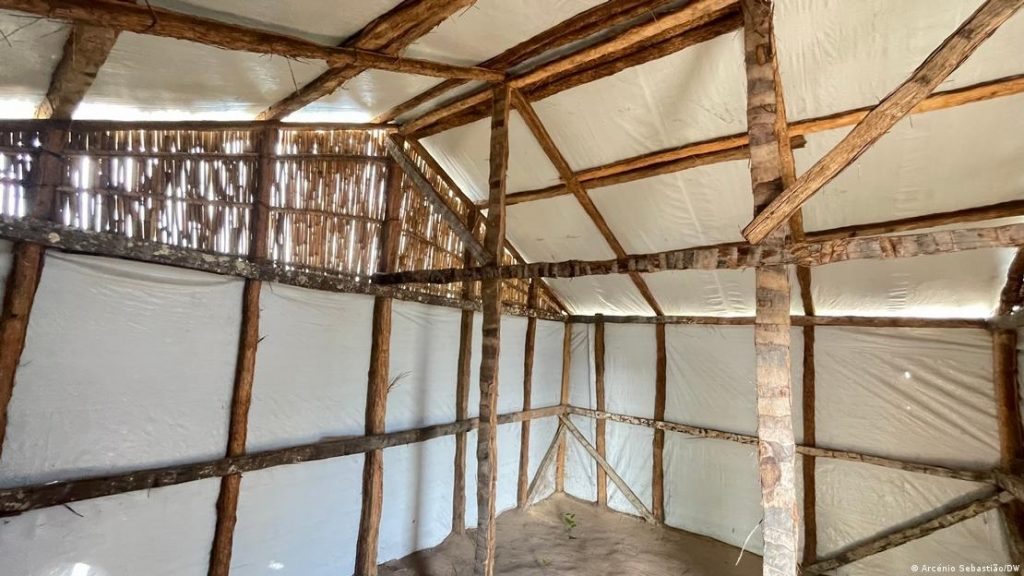
Government acknowledges “challenges”
The government acknowledges that the concerns of those resettled are indeed challenges.
“It’s normal for them to say that, but, in the overall scheme of things, assistance is guaranteed for six months. After that, they will be able to survive on their own with family [agricultural] production,” says Marromeu district permanent secretary, Luís Frederico.
“In terms of allocating spaces,” he continues, “it’s a challenge, but it won’t take long, as the partners themselves have already created conditions for allocating some inputs for the practice of agriculture in the resettlement zone.”
The situation in Marromeu continues to be a topic of great concern for the displaced residents, who are only seeking a stable and sustainable future.


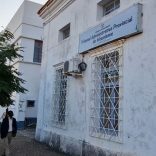
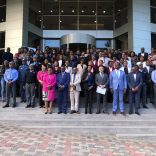








Leave a Reply
Be the First to Comment!
You must be logged in to post a comment.
You must be logged in to post a comment.